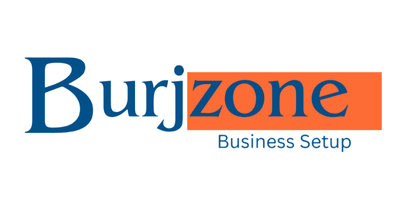Our Blog
Home / Blog
Accounting for Multi-Emirate Businesses: How to Centralize Your Financials
Managing accounting for businesses operating across multiple emirates in the UAE—such as Dubai, Abu Dhabi, Sharjah, and Ajman—can be complex. Each emirate may have different regulatory nuances, VAT compliance requirements, and operational challenges. Centralizing your financials is essential for accurate reporting, streamlined compliance, and better decision-making in 2025.
This article explores how UAE businesses can effectively centralize accounting across emirates.
1. Challenges of Multi-Emirate Accounting
Diverse Regulations: While UAE federal laws govern VAT and corporate tax, local regulations and free zone rules may vary.
Multiple Bank Accounts and Currencies: Businesses may have accounts in different emirates or free zones, complicating reconciliations.
Varied Operational Processes: Different locations may use distinct accounting practices or software, leading to data fragmentation.
2. Benefits of Centralizing Financial Management
Improved accuracy and consistency in reporting across all emirates.
Simplified VAT filing and tax compliance with the Federal Tax Authority (FTA).
Enhanced cash flow visibility and financial control.
Easier consolidation of financial statements for audits and investors.
3. Key Steps to Centralize Accounting in UAE
Unified Chart of Accounts: Standardize accounts across all locations for consistent reporting.
Centralized Accounting Software: Use cloud-based ERP or accounting platforms accessible to all branches, such as Zoho Books, QuickBooks Online, or regionally compliant solutions.
Clear Policies and Procedures: Implement company-wide accounting policies to guide transaction recording and expense approvals.
Regular Training: Ensure accounting teams in Dubai, Abu Dhabi, Sharjah, and other emirates understand centralized processes.
Consolidated Reporting: Generate monthly and quarterly consolidated reports reflecting all emirate operations.
4. Handling VAT and Corporate Tax Compliance
Centralized systems help track VAT input and output across emirates, preventing errors.
Proper allocation of tax liabilities based on the place of supply and business activities ensures compliance with UAE Federal Tax Authority guidelines.
5. Managing Inter-Emirate Transactions
Establish clear protocols for recording inter-company or inter-branch transactions.
Use internal invoices and transfer pricing methods compliant with UAE tax laws.
6. Leveraging Technology for Efficiency
Cloud accounting tools allow real-time data updates from multiple locations.
Automation reduces manual errors and accelerates month-end closes.
7. Final Thoughts
For businesses spanning Dubai, Abu Dhabi, Sharjah, and beyond, centralizing accounting is not just a best practice but a necessity in 2025. It strengthens financial oversight, eases regulatory burdens, and supports scalable growth across the UAE’s diverse markets.
#MultiEmirateAccounting #UAEFinancialManagement #DubaiAccounting2025 #VATComplianceUAE #CentralizedFinanceUAE
#AbuDhabiBusinessFinance #SharjahAccounting #UAEAccountingSystems #FinancialConsolidation #BusinessGrowthUAE
